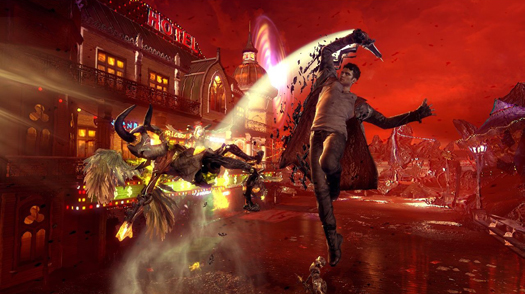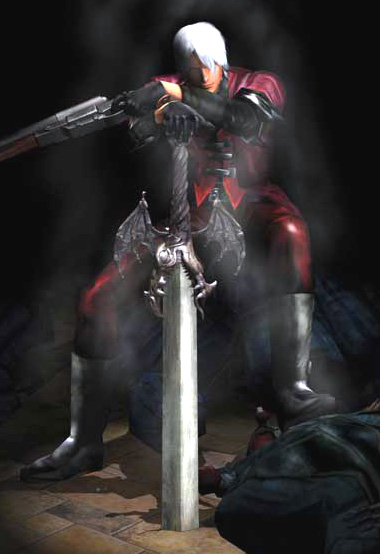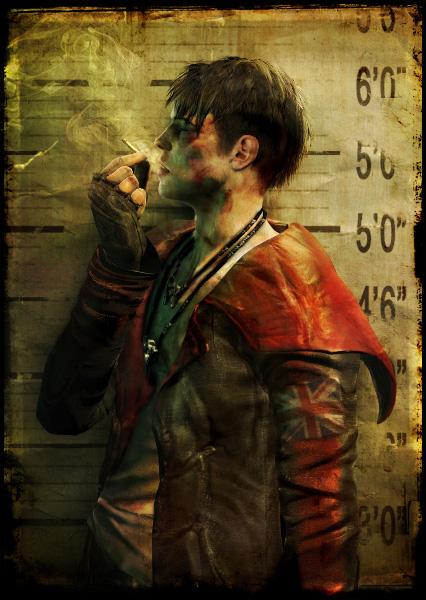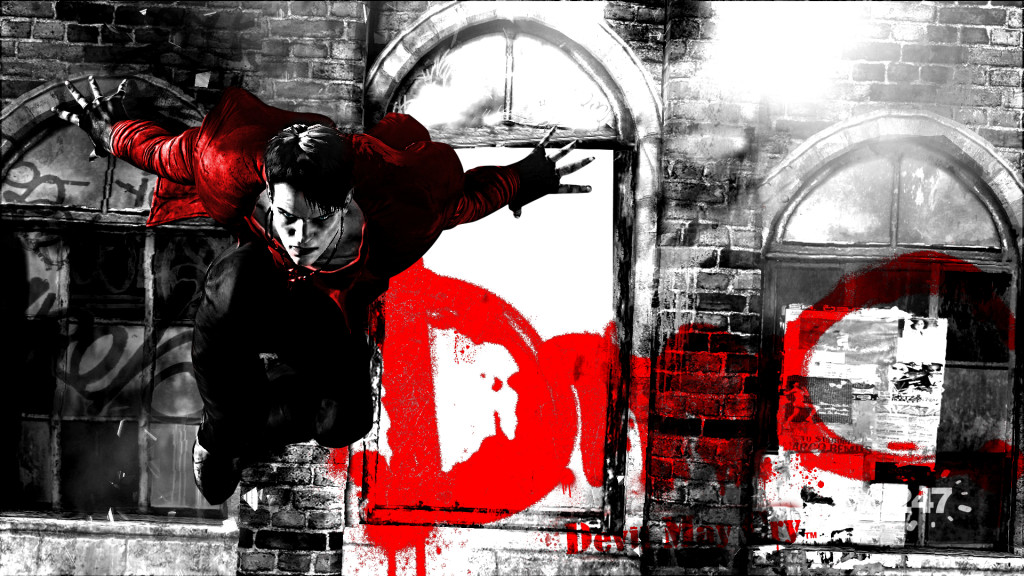Last updated on January 29, 2013
15 “But Jeshurun grew fat and kicked—
You are grown fat, thick, and sleek—
Then he forsook God who made him,
And scorned the Rock of his salvation.
16 “They made Him jealous with strange gods;
With abominations they provoked Him to anger.
17 “They sacrificed to demons who were not God,
To gods whom they have not known,
New gods who came lately,
Whom your fathers did not dread.
18 “You neglected the Rock who begot you,
And forgot the God who gave you birth.
19 “The Lord saw this, and spurned them
Because of the provocation of His sons and daughters.
20 “Then He said, ‘I will hide My face from them,
I will see what their end shall be;
For they are a perverse generation,
Sons in whom is no faithfulness.
21 ‘They have made Me jealous with what is not God;
They have provoked Me to anger with their idols.
So I will make them jealous with those who are not a people;
I will provoke them to anger with a foolish nation,
22 For a fire is kindled in My anger,
And burns to the lowest part of Sheol,
And consumes the earth with its yield,
And sets on fire the foundations of the mountains.– Deuteronomy 32
Well, DmC from Ninja Theory finally arrived. Does it surprise anyone that the critical reception and the user scores deviate so violently?
The fanbase cry out like wild banshees out of the depths of the underworld. They hate this new Dante with an utter passion unreserved for any reasons. They’ve not fought a real conflict or believed in something so much as Dante, versus Dino/Donte of the alternate universe DmC. The fervor on display astounds the casual observer – or, more case in point, the video game journalist/reviewer. Why go to such lengths to kill a reboot of a popular franchise? Why do I like it so much, and the gaming public seems incredibly uneasy over the whole situation?
Perhaps the demon fetuses and frequent sexual references within the game count for more than people realize. Or the aesthetic fails to make Dante “cool” except in the sense of some Euro-trash dynamics. Or maybe the game mechanics fail to inspire like previous games. As for myself, I find video game reviews lack historical insight on the subject.

Ever play the first Devil May Cry? When I first placed the disc in my sixth-month old PS2, the game completely blew me away. Here, Castlevania turned into an 80s action film with anime cutscenes. Here, stylish action reigned. Here, stylish action still required skill to perform and score, and skill to survive. People loved Devil May Cry’s meat-headed stupidity, its incredibly macho, gothic, and cheesy metal-head imagery, and Dante’s awful one-liners. Anybody that could stare a giant flaming spider in the face and not even flinch definitely held quite a pair (if you get my meaning).
Greater still, you played it. You performed the actions and determined the flow of the action. You made everything look better than just a simple spamming of an action button. You developed spatial awareness, evaluated relative threats, and made decisions relevant to said threats. At the same time, you used Alastor to Stinger your way to a Marionette, perform a three-hit combo, lifted it up in the air using High Time, juggled it in the air with Ebony and Ivory, those two wonderful pistols, and then Helm-Splitted the demon into the ground, smashing it into tiny bits. Then you thought of something cooler, something more stylish, and did that to the next enemy. At the same time, you dodged perfectly and you took no damage. Now THAT satisfies. That removes any pretense of doubt that, in fact, you became cool because you played the game. The game even rewarded you for being cool by providing currency to buy more moves to make you more cool (yes, I realize that wasn’t a very good sentence).

Even in the worst game of the series (in general, the second game holds that honor), Devil May Cry’s formula remained the same: make the player look cool, but make him earn that aura. Force him to learn the mechanics of the scoring system, and he/she will become a demon hunter of the highest caliber. Throw obstacles that seem nigh impossible at first without practice, yet strategies form and allow said player to conquer. Even if not a 1:1 ratio with classic arcade games (the degeneration of video games, in a sense, came from consoles), Devil May Cry attempts a translation of the same style and mostly succeeds. If angels can fly because they take themselves lightly, then Devil May Cry may as well fly into the sky on wings.
Why change something so successful, so adept at providing the player with a unique experience amid a host of angty war-time military shooters? Why make the light-hearted (if a bit violent) fun into a hodge-podge of political paranoia, unnecessary sexual references, and a wholly unlikable protagonist? What a question! The greatest irony of this whole rebooting process? If sales give us any indication of the game’s success, it would appear the same people who hated the game (i.e., hardcore DMC fans) bought the game, while the casual players Capcom wanted to capture stayed far, far away. I imagine the same circumstances envelop the game in the United States market as well. The only people I know with even a small interest in said game remain the same fan Capcom ignored in the reboot process.
Of course, Capcom did not show interest in the fanbase. Remembering the recent revival of Street Fighter, you saw Capcom reaching out to fans, asking what they wanted and what would create a better game. However, the company found itself puffed up with its own successe, unfortunately. A reboot of DmC couldn’t become anything other than a risk; who knows why they even tried for it. The allure of money, however, remains a powerful incentive. Instead of a competent, well-made project injected with a deep history, we got a broken combat system with a rather perfunctory game to go along with it. And some shock value!
Capcom saw the promise of the practical. They did not think a cheesy 1980s styled character could “cut it” in the current market space. So, instead of embracing their shining beacon of all things over-the-top and dumb, they dumbed him down to the level of everything else. They made Dante just like a traditional rebel. And, in the process, they made him a practical protagonist.

Say what? An evil lurks inherent in the very idea of this reboot. None of its weird juvenile transgressions form a part of that evil. Rather, the compromises made to the design of everything that DMC represented reveal it. Making Devil May Cry appeal to a vast audience showed a confidence that simplification of the premise and appealing to the mass market would create a success. They were wrong, of course, but they could have just as easily been correct.
Think of it like this. Some (like me) see Christianity as truth, but let us be honest: it seems, at first glance, as an utterly impossible solution. Hence its salvific power meaning all the more to human consciousness. Evil, on the other hand, deals in practicalities. Realities. Things that are tangible, to our mind anyway. It says “do this, and get this in return”. It is the very definition of risk/reward.
If you apply this to the earliest human societies, you begin to see such a trend. Mythology wasn’t so much believed as a be-all, end-all. Rather, it was fun frivolity, discussing things far beyond comprehension. The pantheon and the innumerable Hindu gods, or the variety of Shinto deities demonstrated a desire, yet a known divide. Human beings cannot interact with such powerful forces of goodness and creation. Evil forces, on the other hand, had a real sort of power to them. That’s why people did the most disgusting things imaginable to summon them up and get them to a contractual basis. But nobody wants the devil to follow up on his end of the bargain when things go wrong.
Think of this in the sense of Mayan and Azetecs; their culture may as well have been based on the worship of demons of a sort, and sacrifice was their means to get there. Do you find my judgement of human sacrifice offensive? Somehow, I doubt anyone will make a judgement call on me for this. Go ahead if you like. Carthage was even worse, using child sacrifice to satiate their demonic god Moloch. And evil must believe that death remains stronger than life, for what else could bring demons but death? What has an eternal permanence, in our material eyes, but death? Death is tangible; resurrection, new life, is not. And that is where the crux of evil makes its attack on us in the modern world.
And yet, these civilization, whether by God or by other means, someone were wiped from human existence. They perished. In the case of Carthage, this especially make no sense; Hannibal had crossed the mountains. He would destroy Rome. Yet, at the last moment, Carthage asked him to give up reinforcements for civil defense, impeding his victory over Rome at every turn. It’s no coincidence that the Roman Empire became the perfect breeding ground for the Church. It became the perfect circumstances for it to breed and grow. Even pagan cultures could see the worship of demons as an absolute wrong, a line not to be crossed.
In that sense does evil cross into “reason” of a sort – that of the modernist age. Good requires hope beyond comprehension; evil embraces practicality. Good embraces the old and the new, tradition and experience. Evil tells us that everything is wrong and must be fixed. It must be changed. This is why mythology has faded away in general; Christianity has made it irrelevant. God is no longer far away, but close. Yet evil persists. And why? Because, even with Incarnation, evil still remains close to us. And that is the impulse one fights against every day, to be good rather than evil, to revive rather than destroy, to hope without guarantees even in despair. We fight against the practical; we fight for the impractical. We fight for paradox, for the weird eccentricities of human life; evil fights to constrain everything to its will, to bring us down from the heights of heaven to the depths of hell.
DmC doesn’t provide us with the levity of angels; it gives us the practicality of demons.

